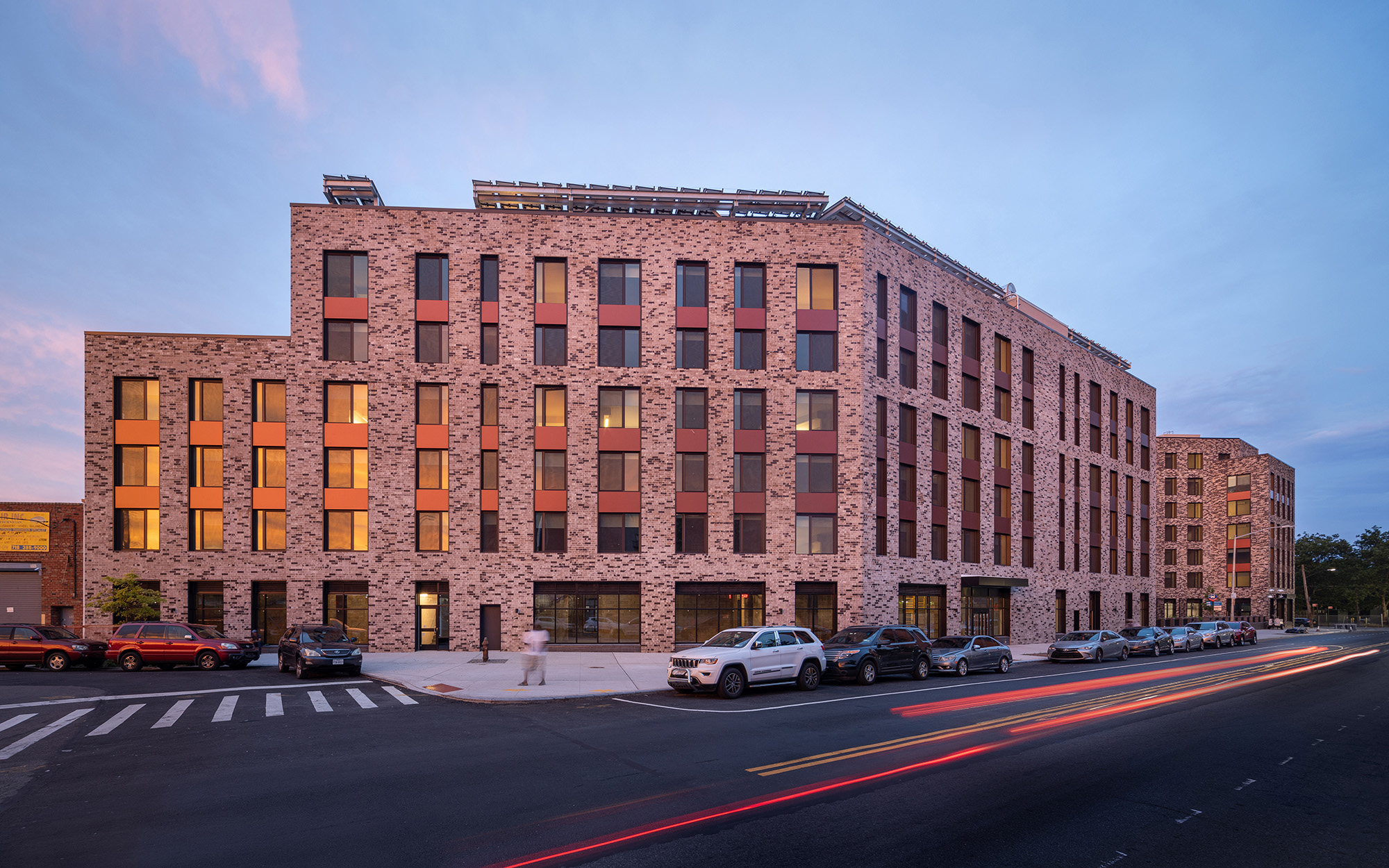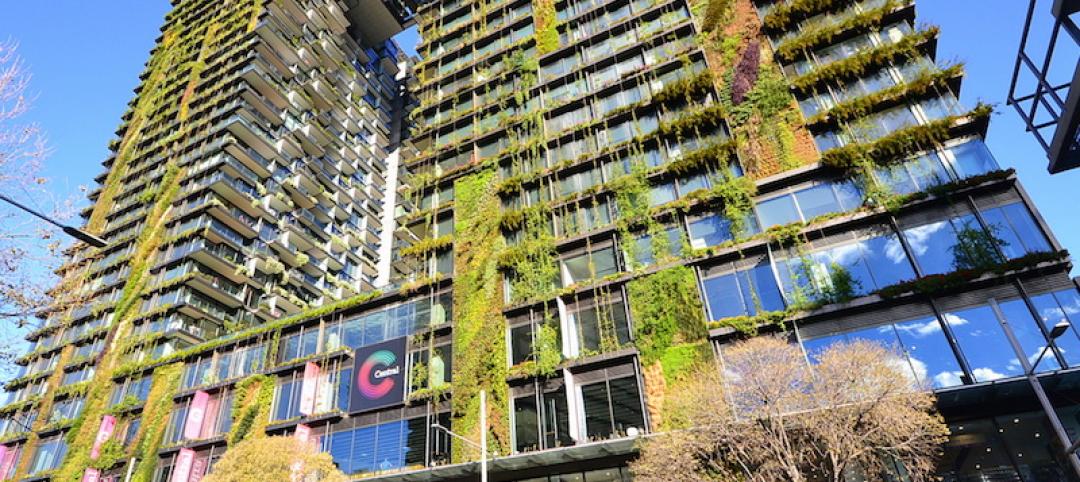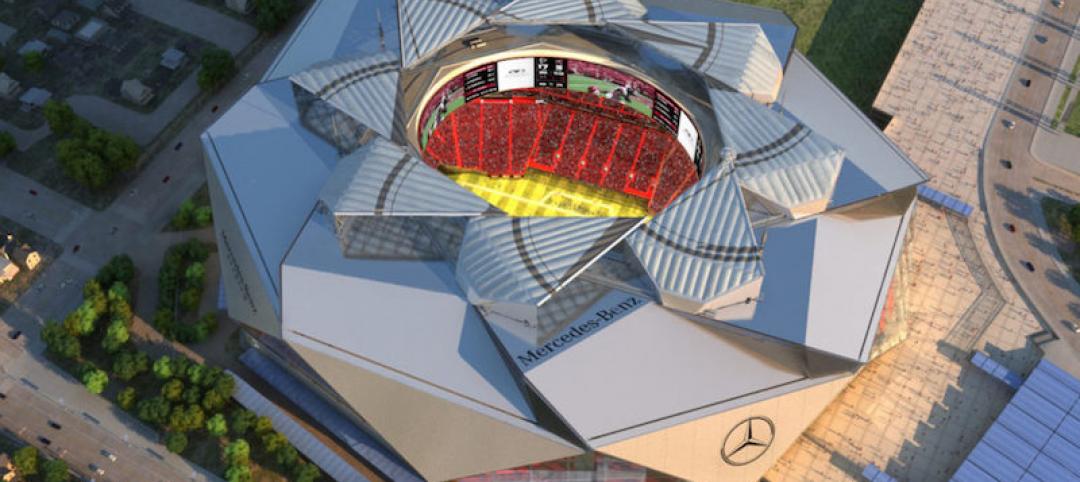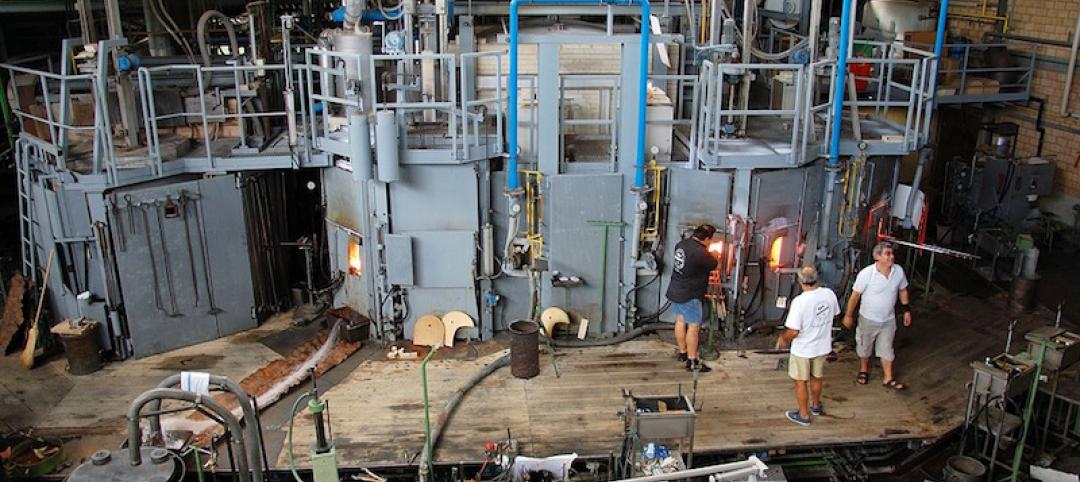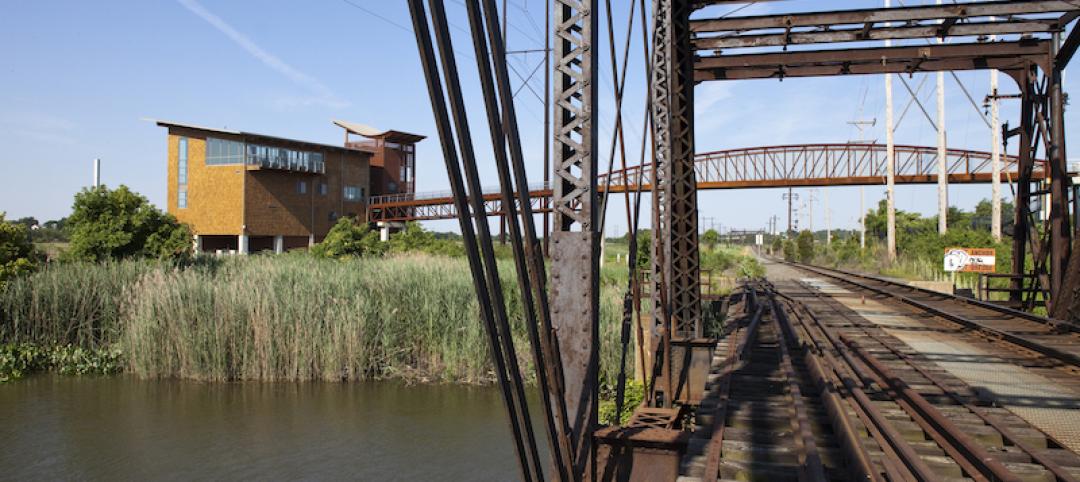PACE Equity, the leader in Property Assessed Clean Energy (PACE) financing for development projects, along with decarbonization non-profit Phius, jointly announced a new compliance path for PACE Equity’s CIRRUS Low Carbon program at PhiusCon 2023. Through the new partnership, commercial real estate projects that are certified as Phius CORE or Phius ZERO passive house buildings are automatically eligible for the CIRRUS Low Carbon financing rate when approved for PACE Equity funding.
What is CIRRUS Low Carbon financing?
CIRRUS Low Carbon is the only private financial product that provides a lower cost of capital for buildings that are developed or renovated to a lower carbon design. The standards set by Phius CORE and Phius ZERO are locally tailored and globally applicable, aligning significantly with PACE Equity’s CIRRUS Low Carbon design goals.
Projects that apply for PACE Equity financing with the passive house Phius certification will qualify to receive CIRRUS Low Carbon’s reduced financing rate, helping the project developers fill a gap in a capital stack, replace more expensive funding options, and improve project returns.
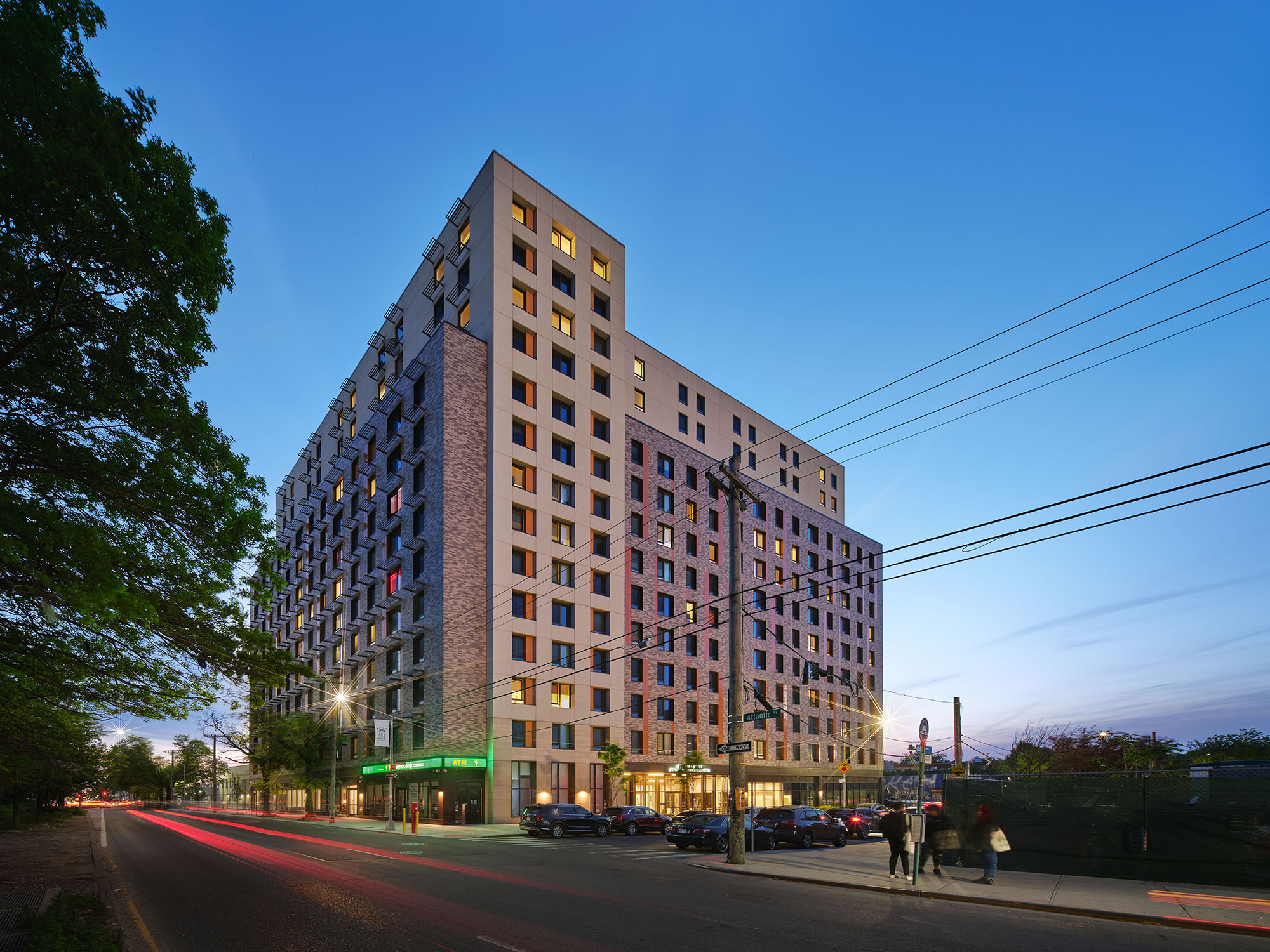
“The path to lower carbon commercial real estate development is forged through symbiotic industry partnerships that offer developers and building owners unique financial, environmental, and brand advantages,” said Beau Engman, President and Founder, PACE Equity. “The convergence of Phius passive building standards and PACE Equity’s lower rate financing for lower carbon buildings equips developers with the tools and financial incentive to design more energy-efficient buildings with a better return.”
“With the most effective and widely applicable passive building standard, Phius shares PACE Equity’s vision for a lower carbon future,” said Katrin Klingenberg, Co-founder and Executive Director, Phius. “Partnering with PACE Equity to offer automatic CIRRUS Low Carbon qualification for Phius CORE and Phius ZERO projects helps make decarbonization of the built environment even more achievable.”
About PACE Equity
Since 2014, PACE Equity has funded Commercial Property Assessed Clean Energy projects in innovative, never-before-seen ways, with better financing for better buildings. PACE Equity has closed C-PACE projects across the U.S. and enabled the energy efficient commercial development of over $2.7 billion while eliminating over 1 million metric tons of carbon. PACE Equity offers the design and support that allow customers to intelligently meet the demands of today's consumer and tomorrow's requirements.
About PHIUS
Phius is a non-profit 501(c)(3) organization committed to decarbonizing the built environment by making high-performance passive building the mainstream market standard. It trains and certifies professionals, maintains and updates the Phius climate-specific passive building standard, certifies and quality assures passive buildings, certifies high-performance building products and conducts research to advance high-performance building.
Related Stories
Sustainability | Sep 29, 2016
Gloucester Cathedral to install commercial sized solar PV system on its roof
Mypower will install 150 solar panels on the roof, making it the oldest cathedral in the UK, and possible the world, with this type of solar power system.
Green | Sep 28, 2016
Green Business Certification Inc. announces 2016 LEED Fellows
LEED Fellows are best-in-class for green building design, engineering and development.
Sports and Recreational Facilities | Sep 26, 2016
Mercedes-Benz Stadium in Atlanta will be the NFL’s first LEED Platinum stadium
The Atlanta Falcons new home is expected to save 40% in energy usage than a typical NFL stadium.
Sustainability | Sep 22, 2016
Is ‘Growroom’ a glimpse into the future of urban agriculture?
Growroom’s spherical shape means it can also double as a covered outdoor public space.
Sustainability | Sep 19, 2016
Brussels’ Botanic Center apartment block looks to live up to its name with the addition of 10,000 plants and a rooftop “Chrysalis”
The project, which has been commissioned and is in the design phase, would eliminate CO2 and produce its own energy.
Energy | Sep 13, 2016
Oberlin College to hold conference on post-fossil fuel economy
The gathering will address climate change and new sources of energy.
Sustainability | Sep 8, 2016
Forging a sustainable future: How would a five-year-old design it?
When it comes to design we are in the business of imagining what could be, not necessarily what is, writes HDR's Lynn Mignola.
Sustainability | Sep 7, 2016
New plans call for hundreds of thousands of British homes to be heated by factory machines
An expansion of ‘heat networks’ is viewed as a possible means for Britain to accomplish its goal of slashing carbon emissions by 2050.
Building Team | Sep 6, 2016
Letting your resource take center stage: A guide to thoughtful site selection for interpretive centers
Thoughtful site selection is never about one factor, but rather a confluence of several components that ultimately present trade-offs for the owner.
Sustainability | Aug 30, 2016
New federal project plans must include climate impacts
Agencies must quantify the specific impacts when possible.



